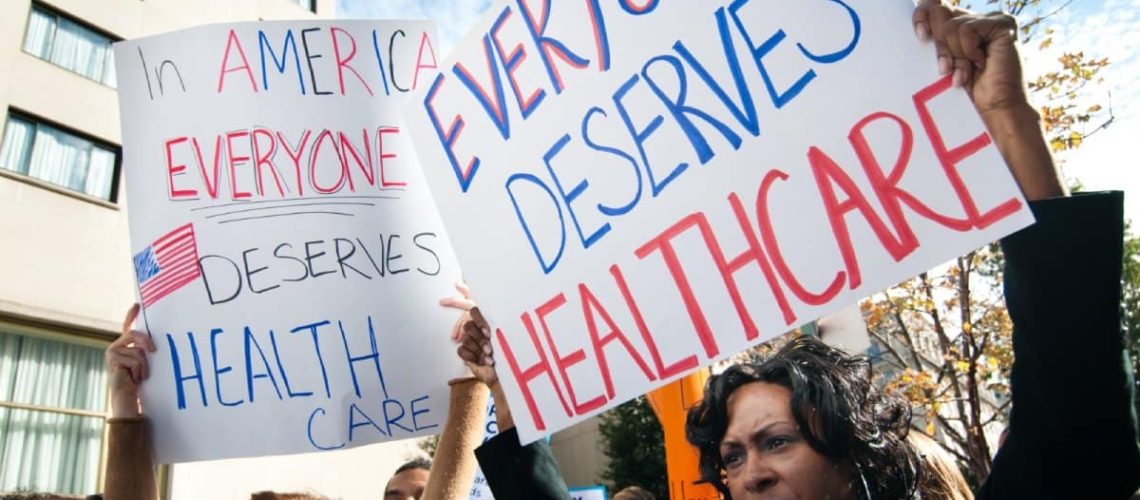Across the United States, certain laws not only fail to protect citizens but might be considered violations of human rights by European standards. These laws highlight critical gaps in the protection and promotion of fundamental human rights.
1. The Death Penalty
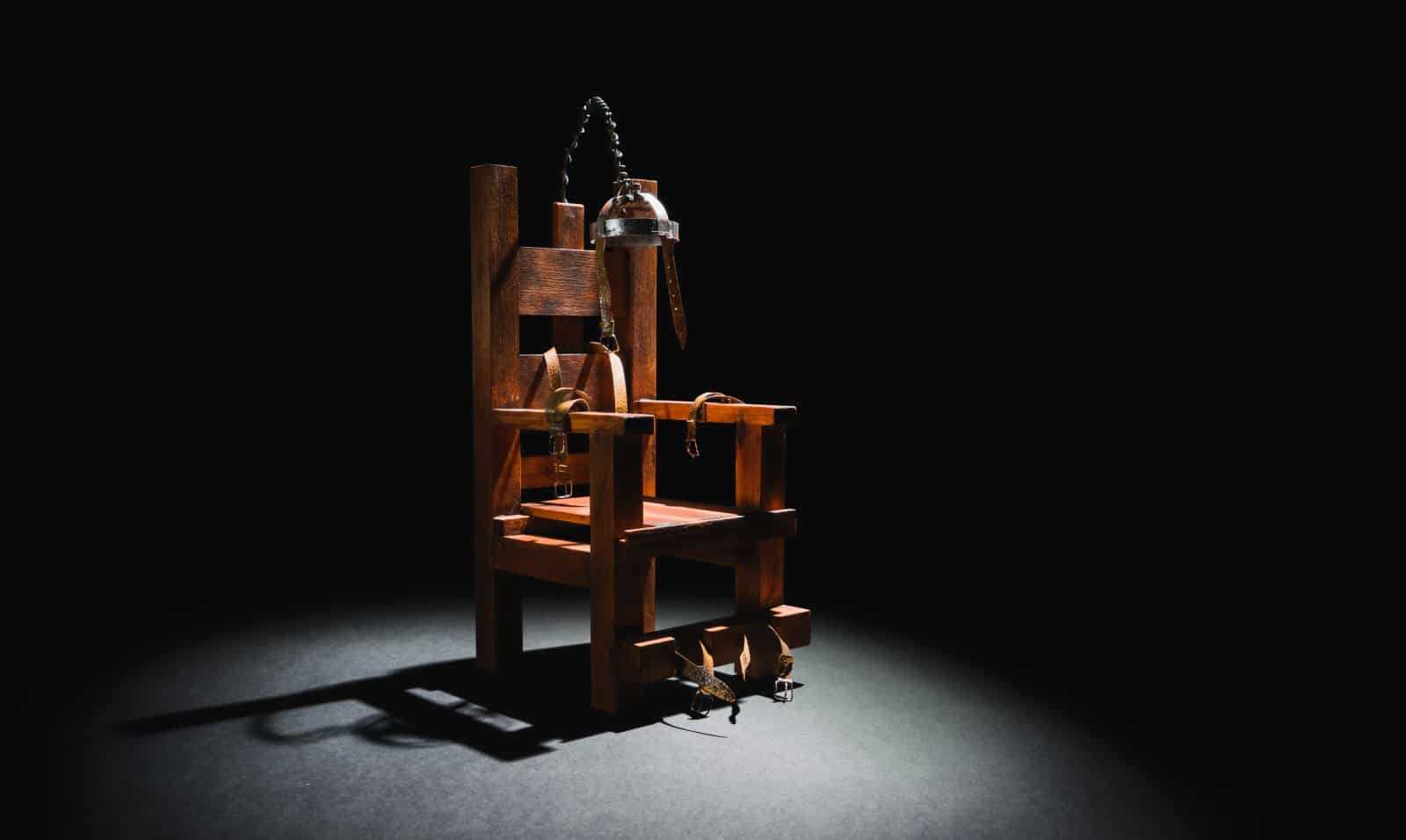
The death penalty remains legal in several U.S. states, despite global movements toward abolition. This method of punishment is seen by many as a violation of the right to life and a form of cruel and unusual punishment.
2. Juvenile Life Without Parole
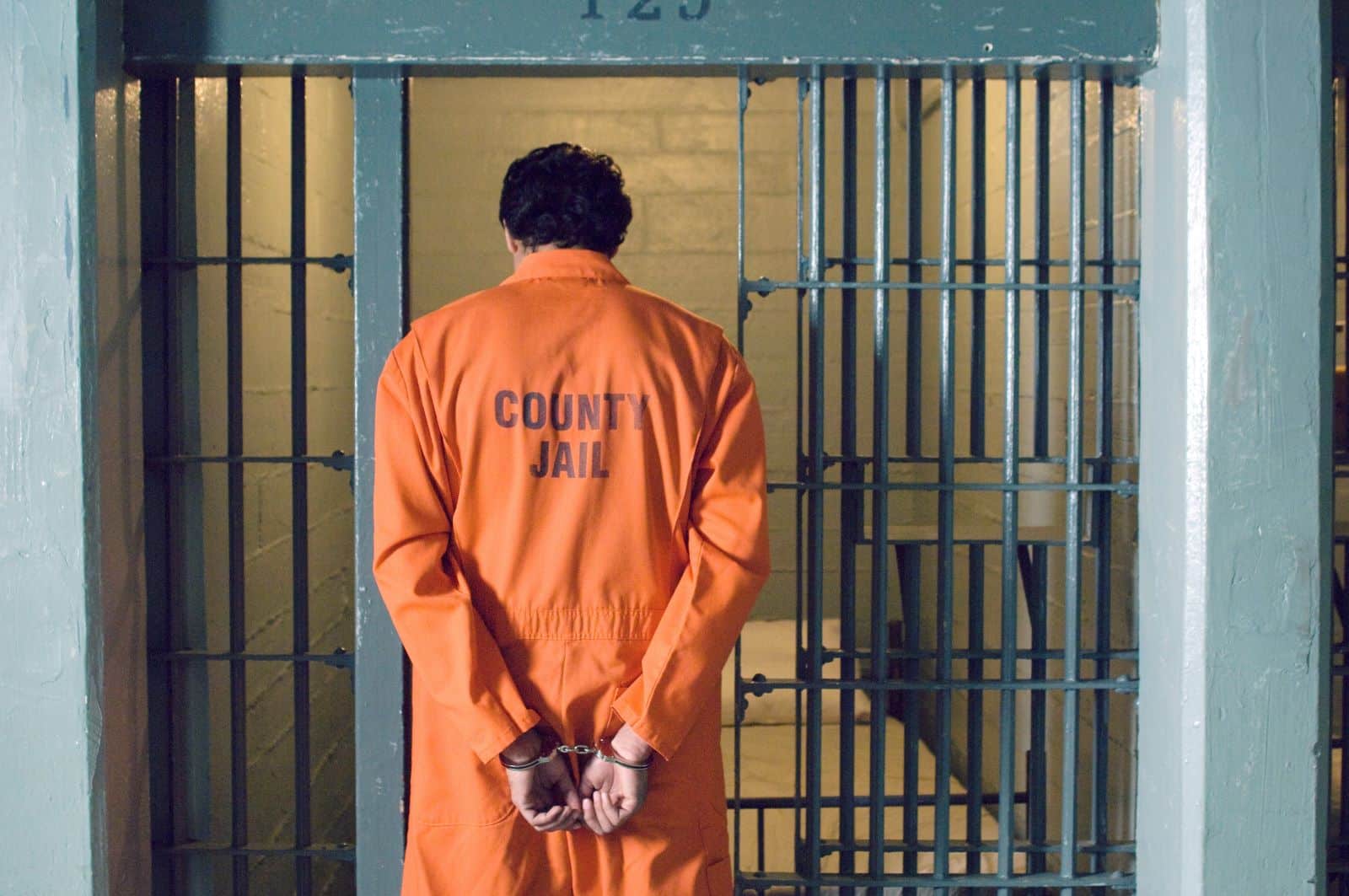
In some states, juveniles can be sentenced to life without parole, essentially condemning young offenders to die in prison. This contradicts international standards on juvenile justice.
3. Three Strikes Laws

“Three strikes” laws in states like California mandate harsh life sentences for individuals convicted of three felonies, often leading to life sentences for relatively minor crimes.
4. Cash Bail System

The cash bail system disproportionately affects the poor, who may not afford bail and are thus forced to remain in jail before trial, regardless of guilt or innocence.
5. Stand Your Ground Laws

Stand Your Ground laws in states like Florida allow individuals to use deadly force in self-defense without the duty to retreat, even when safe escape is possible, leading to questionable justifications for deadly encounters.
6. Gay Panic Defense

The “gay panic” defense allows defendants in some states to claim a temporary insanity defense for violent acts against LGBTQ+ individuals, perpetuating discrimination and violence.
7. Voter ID Laws
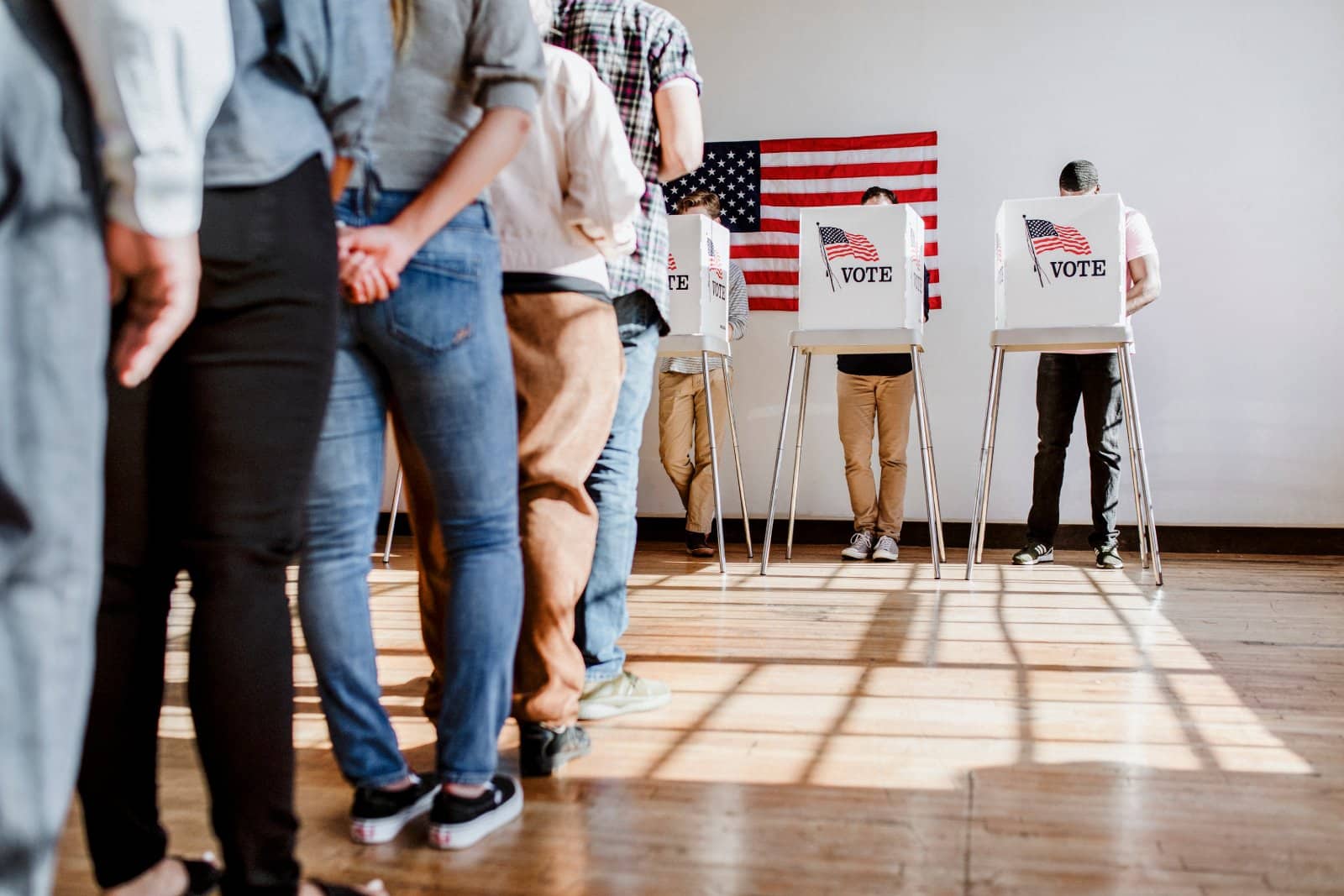
Strict voter ID laws in states like Texas disproportionately affect minorities and the poor, who may have less access to the necessary identification, effectively disenfranchising them.
8. Anti-Homeless Legislation
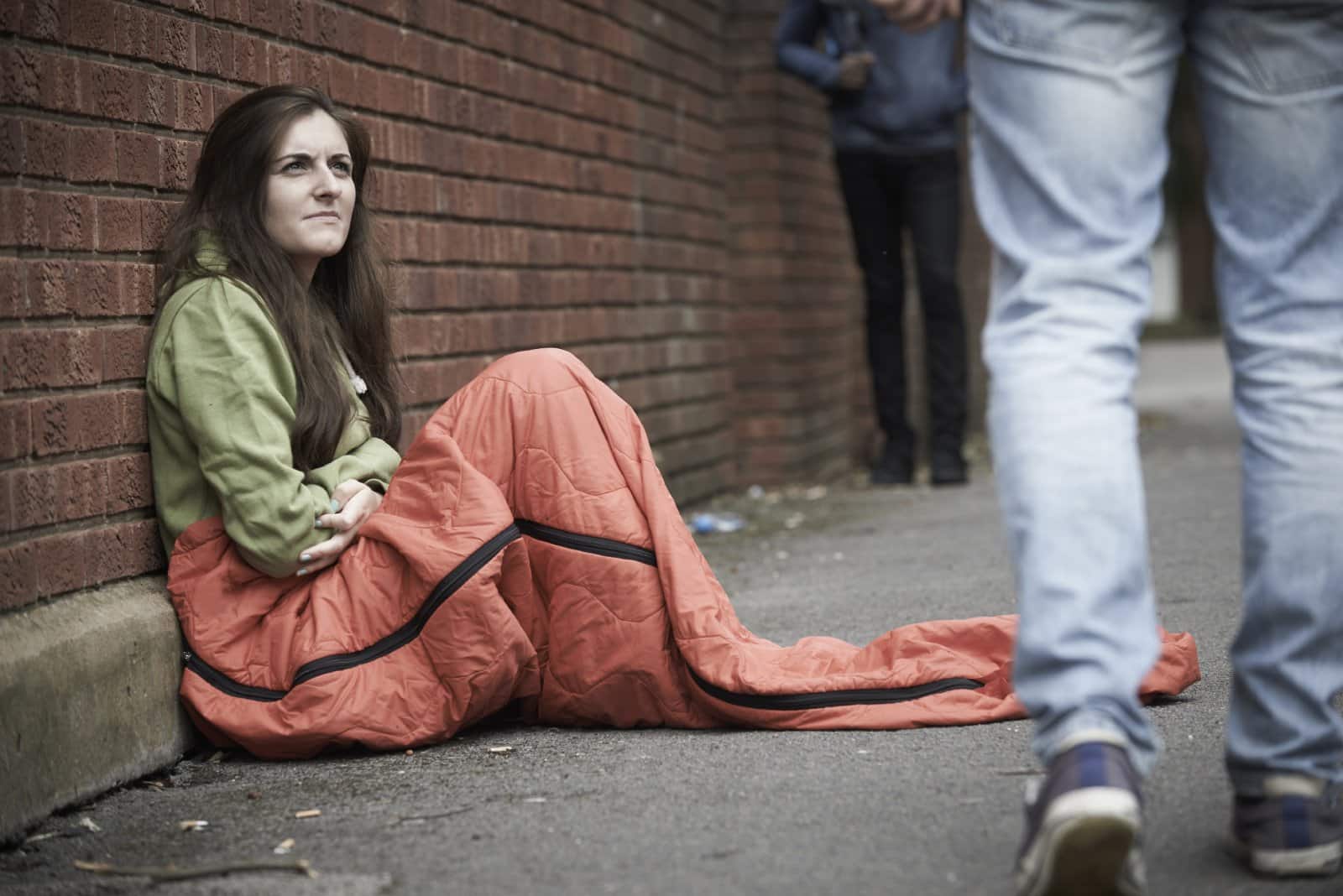
Laws in many cities criminalize sleeping or camping in public, impacting homeless individuals who have no alternatives, a policy that violates basic human rights to dignity and shelter.
9. Abortion Restrictions
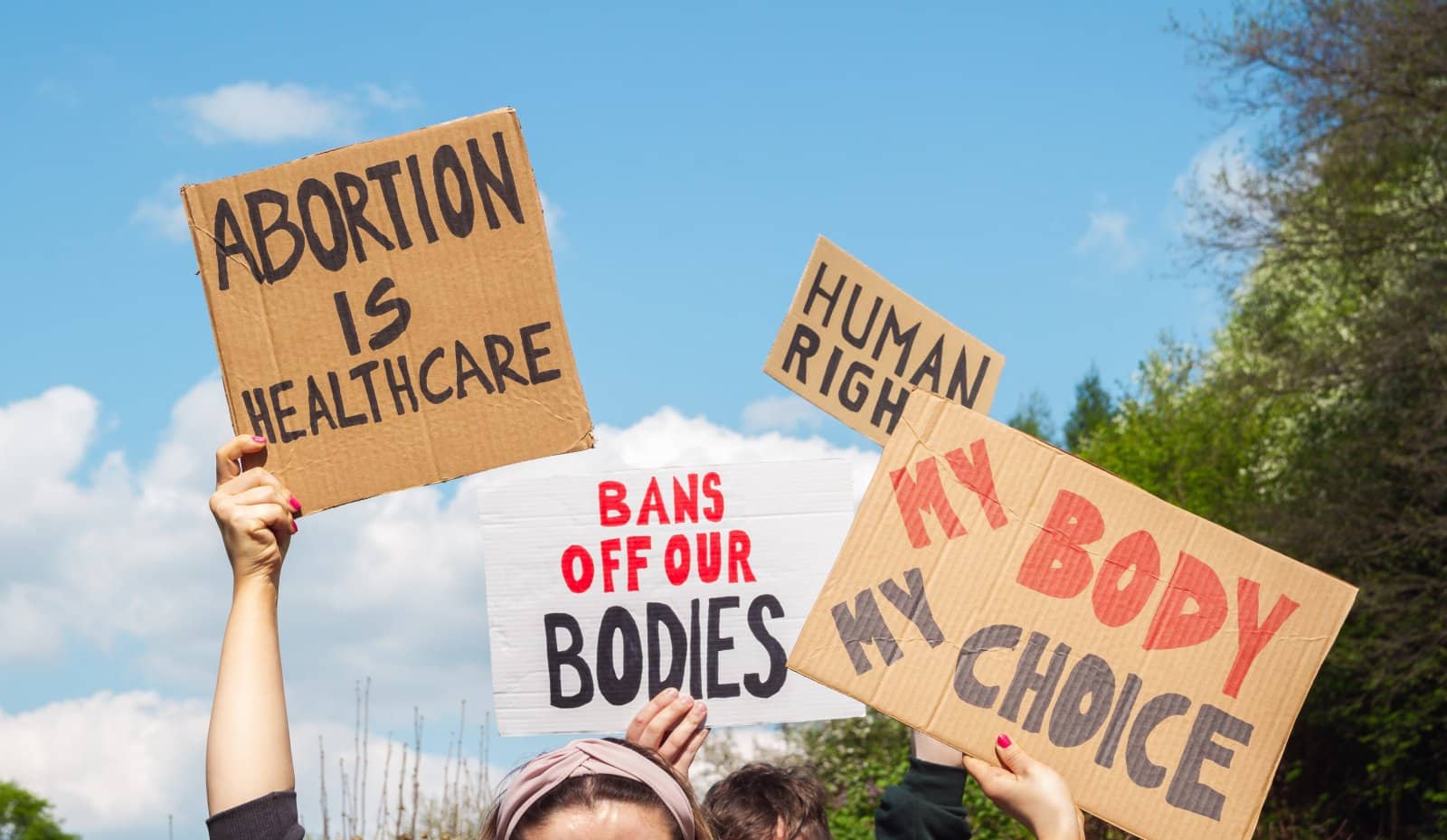
Severe restrictions on abortion in states like Alabama and Missouri severely limit women’s rights to make decisions about their own bodies, often without exceptions for rape or incest.
10. Right to Work Laws
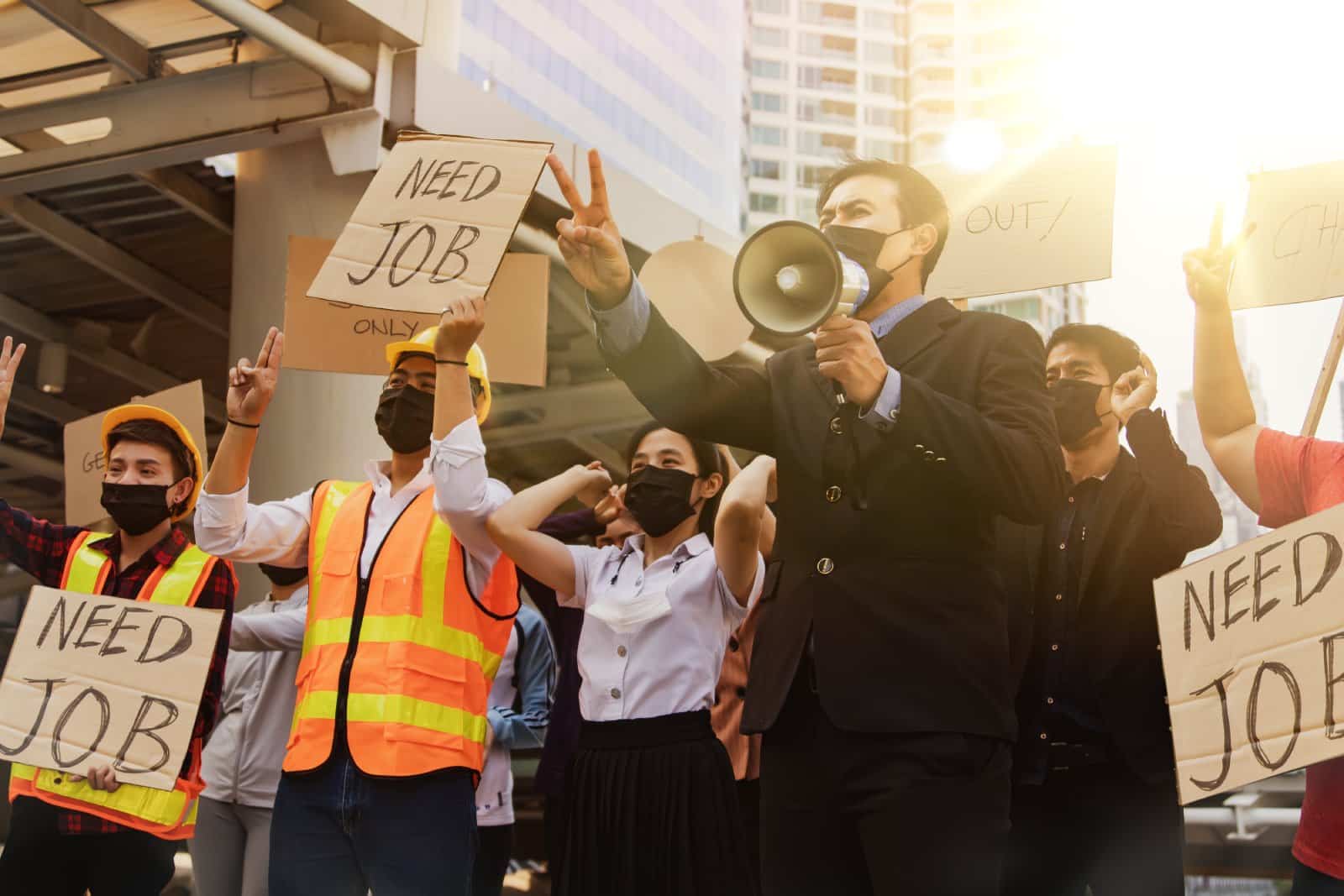
“Right to work” laws in many states undermine labor rights, allowing workers to benefit from union negotiations without supporting the union, weakening collective bargaining.
11. Civil Asset Forfeiture
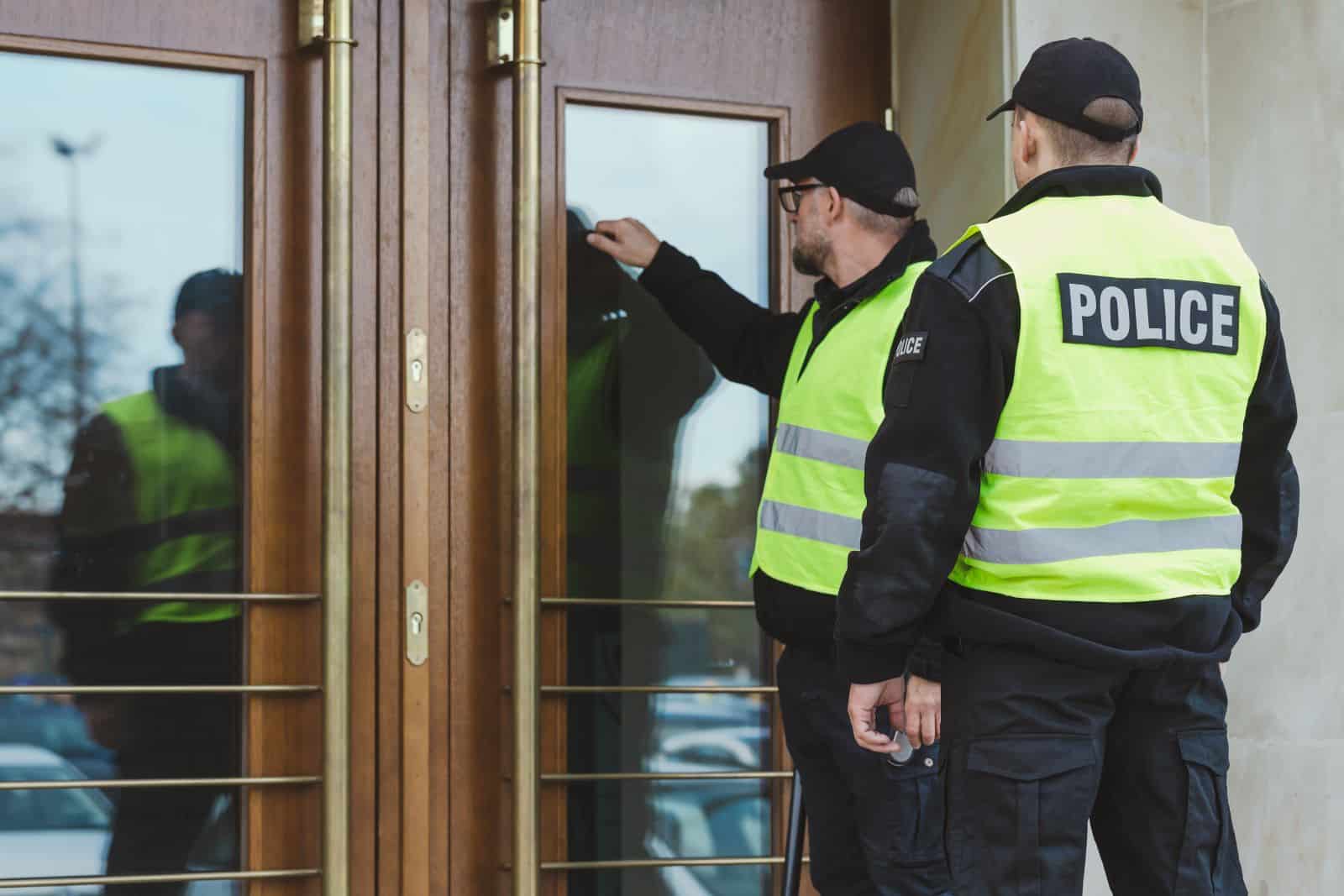
Civil asset forfeiture laws allow law enforcement to seize property suspected of being connected to crime without necessarily charging the owner with wrongdoing, often abused and disproportionately affecting the economically disadvantaged.
12. Anti-BDS Laws
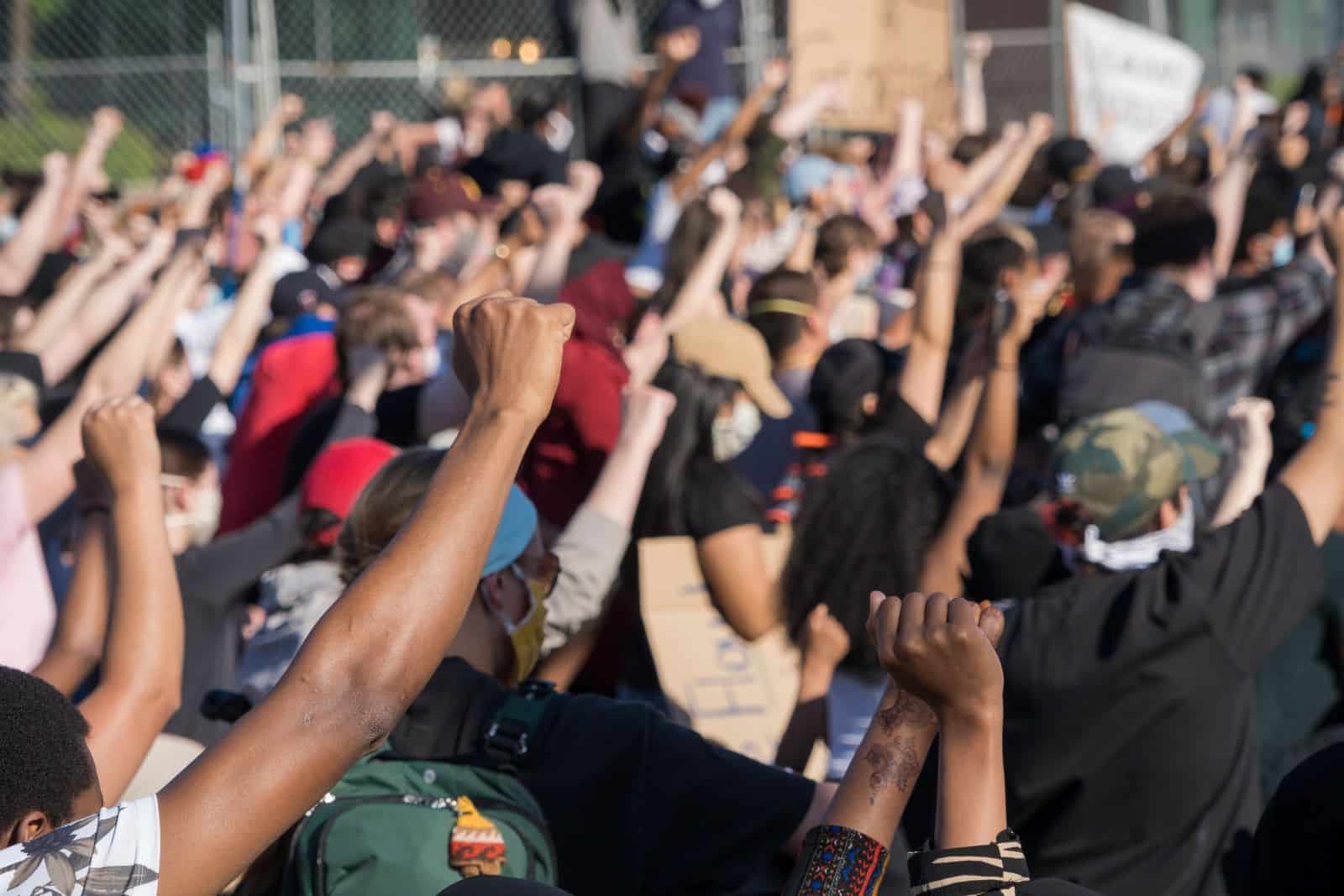
Laws in several states that prohibit boycotting Israel, as part of the BDS movement, have been criticized for violating the constitutional right to free speech and peaceful protest.
13. Lack of Police Accountability

In many areas, the lack of required de-escalation training and the existence of qualified immunity protect law enforcement officers from repercussions for misconduct, undermining public trust and safety.
14. Solitary Confinision Practices
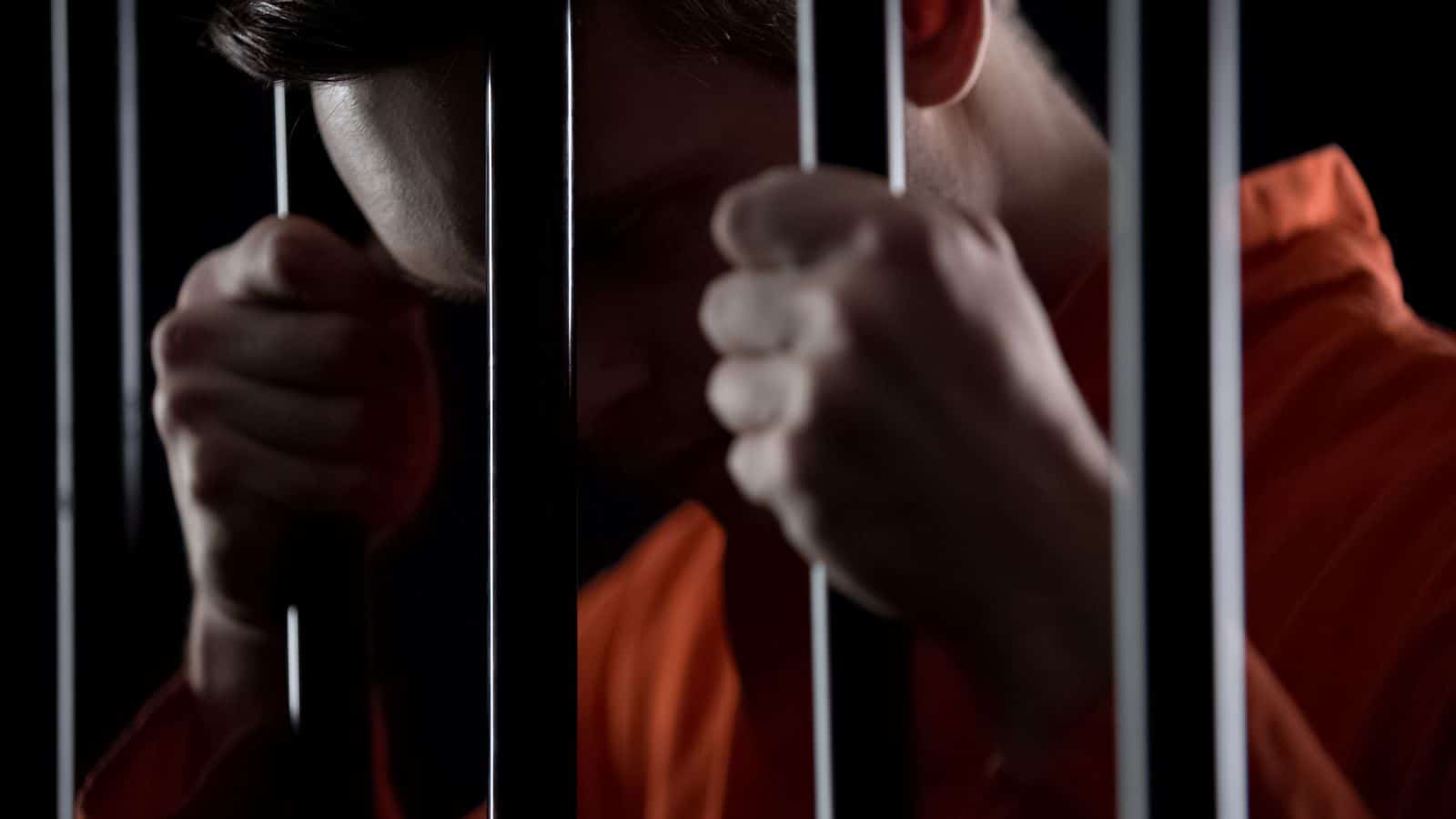
Excessive use of solitary confinement in prisons across the U.S. is considered by many human rights organizations as torture and can lead to severe psychological effects.
15. No Right to Counsel in Civil Cases

Unlike criminal cases, U.S. citizens do not have the right to counsel in civil cases, which can result in severe losses and injustices, particularly for the underprivileged.
16. Lack of Universal Health Care
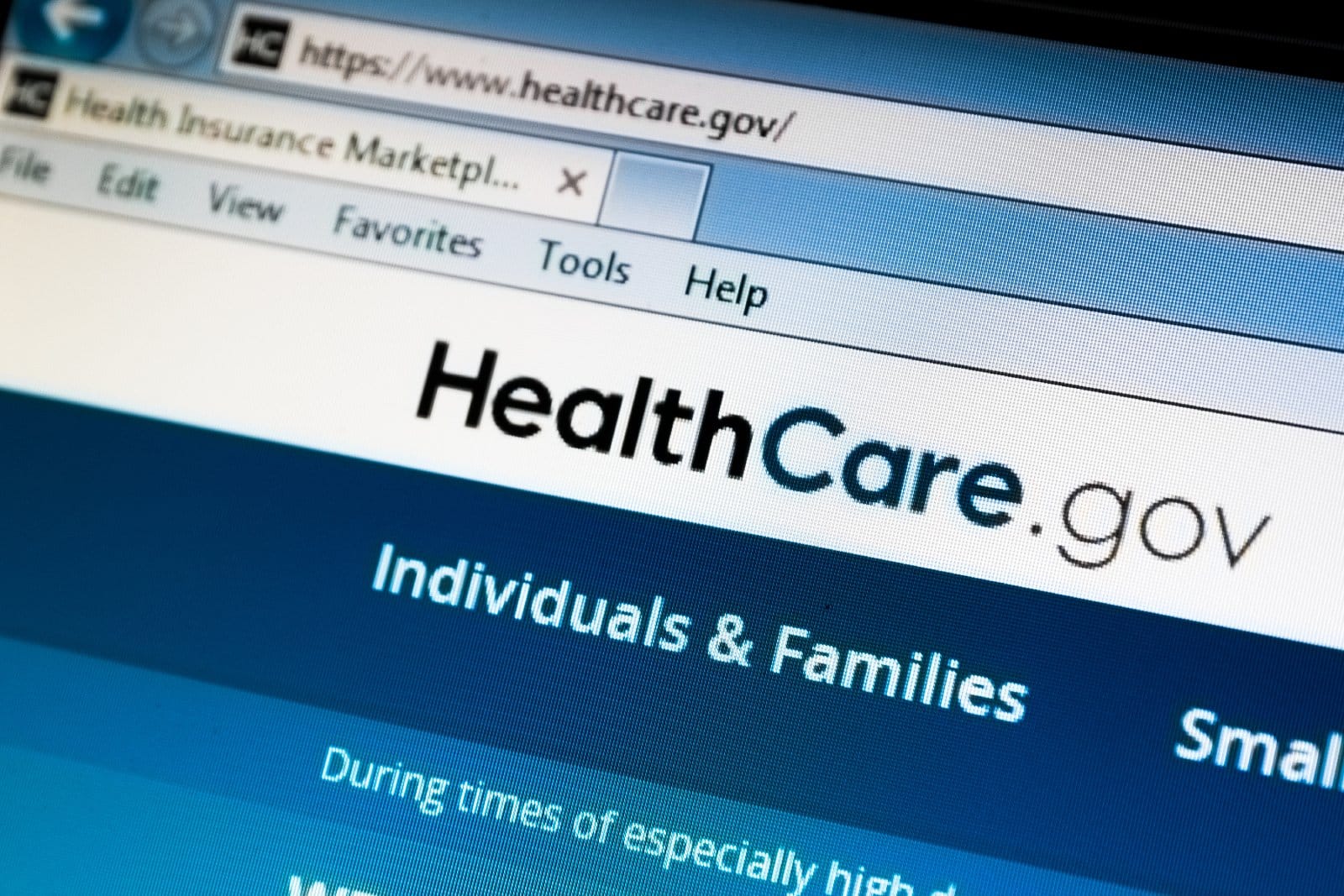
The absence of universal health care in the U.S. contrasts sharply with European standards, often leaving the poor without necessary medical care, a fundamental human right.
17. Restrictive Voting Laws

Some states impose severe restrictions on early voting and absentee voting, which can suppress voter turnout, particularly among minorities and the elderly.
18. Mandatory Minimum Sentences
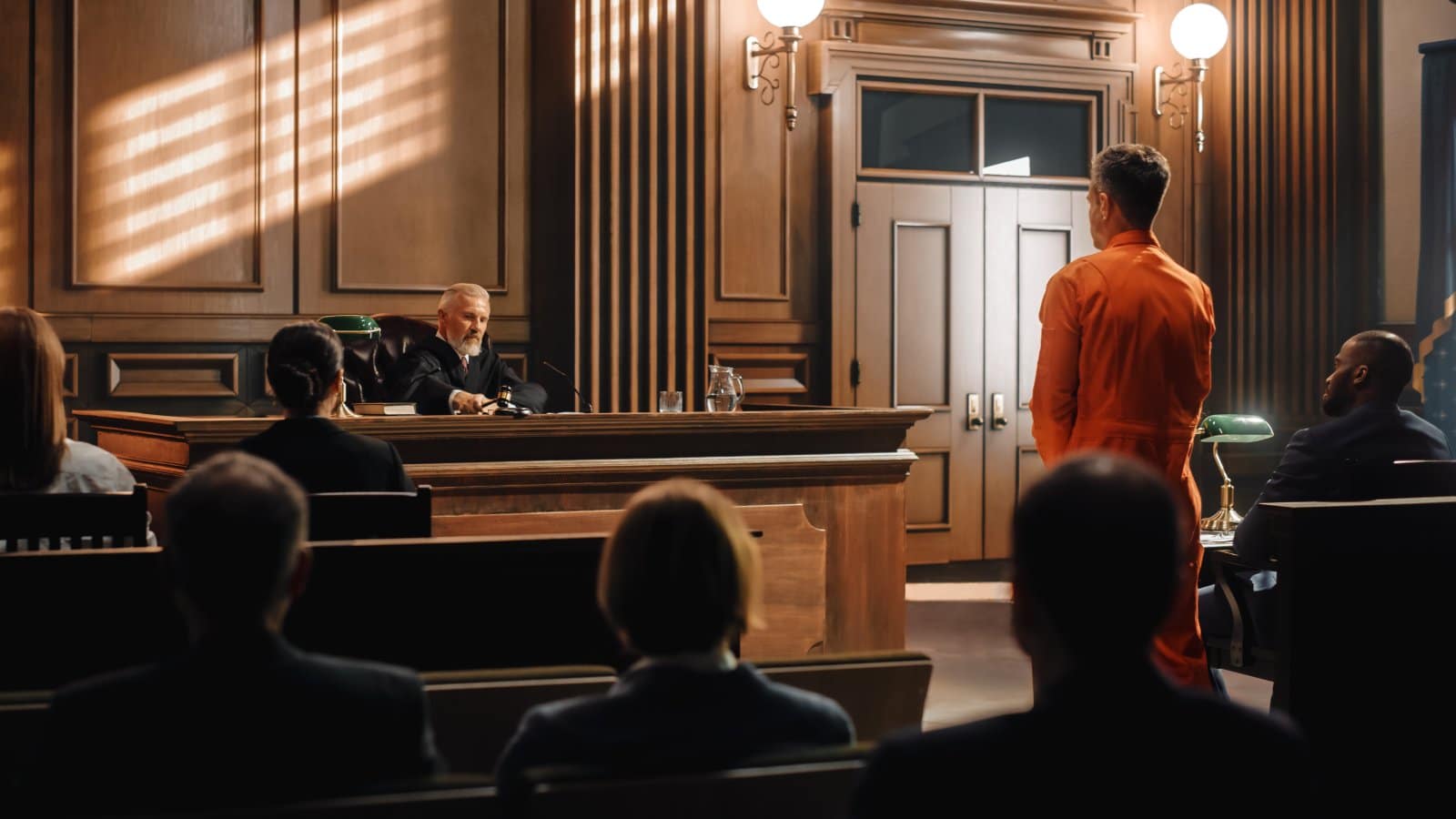
Mandatory minimum sentencing laws remove discretion from judges, often resulting in disproportionately severe punishments for minor offenses.
19. Discriminatory Housing Laws

Zoning laws and practices that effectively segregate housing by race and economic status persist, limiting access to quality housing and education.
20. Educational Inequality

Funding for public schools in the U.S. is often based on local property taxes, leading to significant disparities in educational quality and resources between wealthy and poor areas.
21. Anti-LGBTQ+ Adoption Laws

Laws in some states allow adoption agencies to refuse services to LGBTQ+ individuals based on religious beliefs, discriminating against potential parents and harming children in need of homes.
A Need for Reform
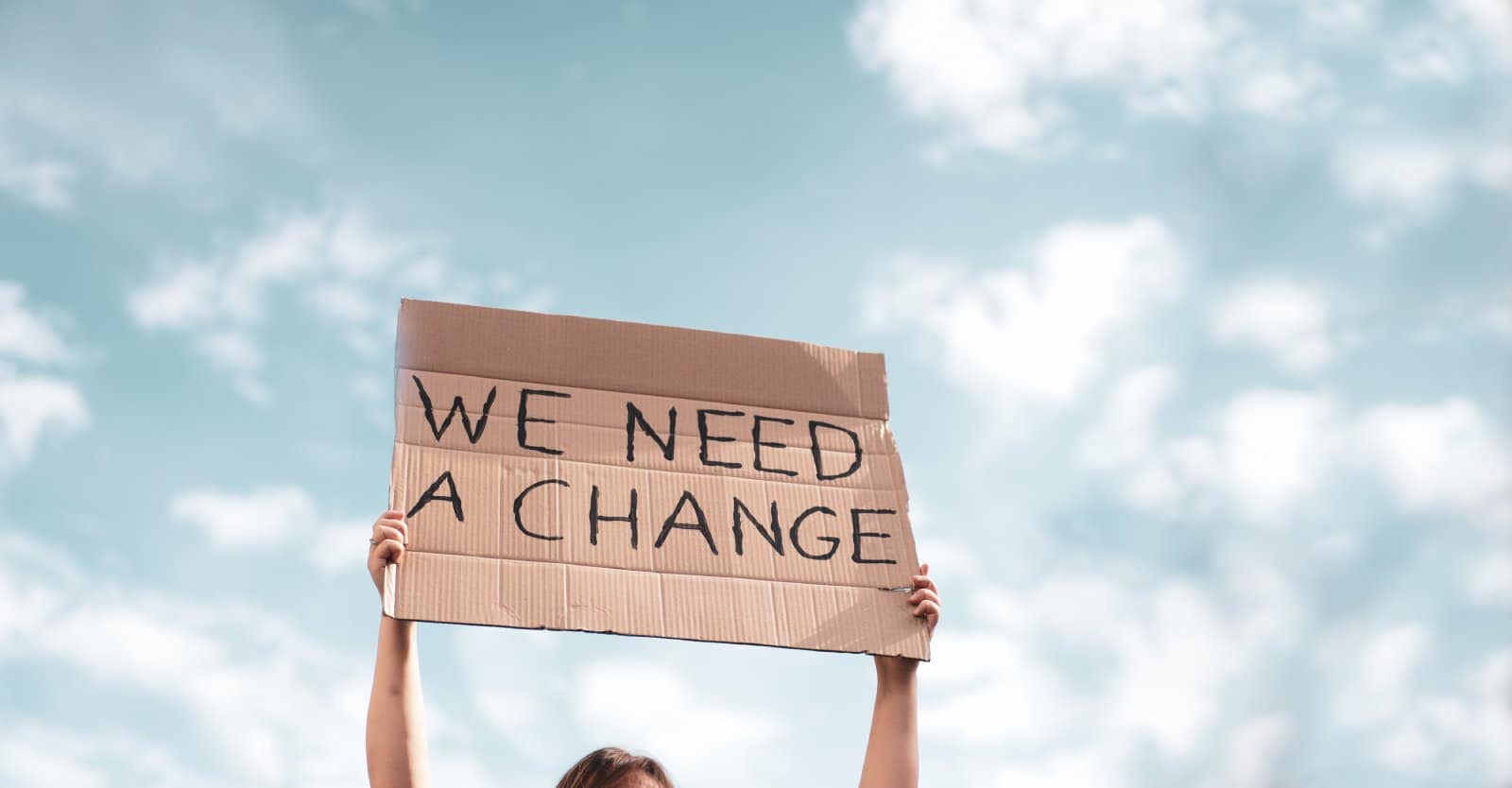
These laws highlight the urgent need for reform to align the United States more closely with international human rights standards and to protect all citizens from discrimination, injustice, and undue hardship.
The post 21 of America’s Most Shocking Laws first appeared on Pulse of Pride.
Featured Image Credit: Shutterstock / Ryan Rodrick Beiler.
For transparency, this content was partly developed with AI assistance and carefully curated by an experienced editor to be informative and ensure accuracy.

